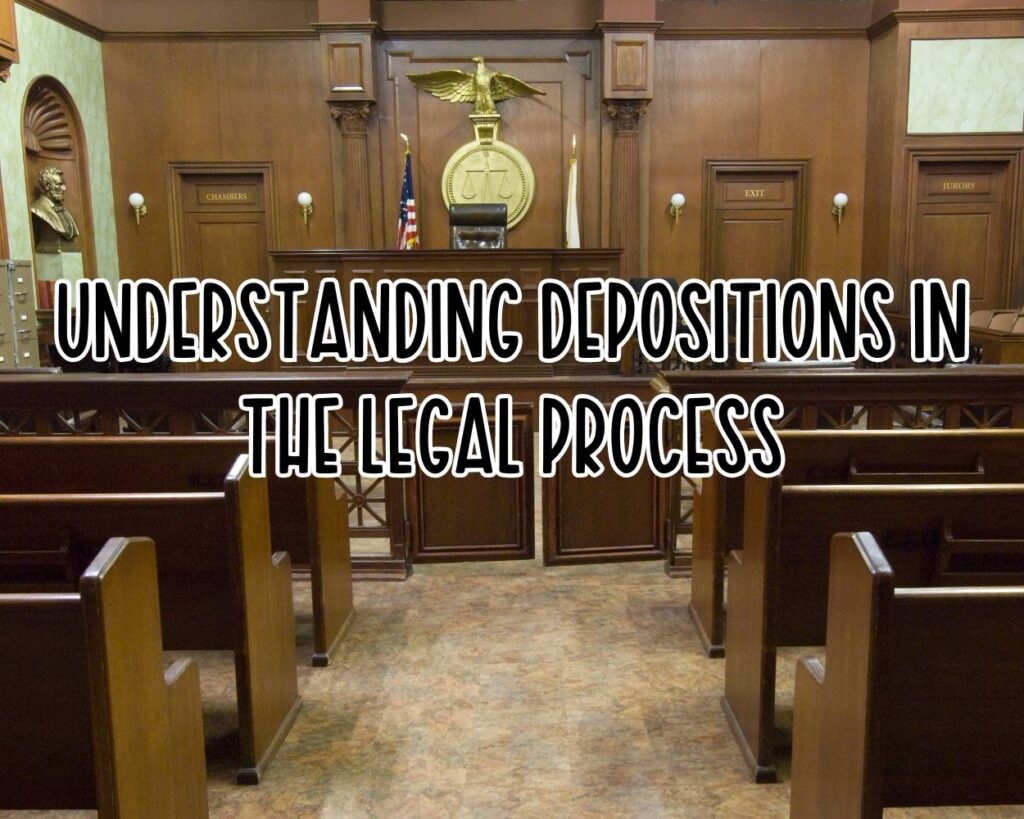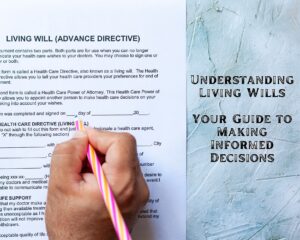A deposition is a key component in the pre-trial phase of a lawsuit, falling under the discovery process. It serves as a crucial tool for attorneys to gather information and build their cases. Here’s a closer look at what a deposition entails.

Definition of a Deposition
A deposition is a sworn, out-of-court testimony given by a witness in a legal case. It involves a witness (also known as a deponent) answering questions under oath before a trial begins. This process is recorded and transcribed for future reference during the trial.
The Purpose of a Deposition
- Gathering Information: Depositions allow lawyers to collect detailed information from witnesses or parties involved in the case.
- Assessing Witnesses: They provide an opportunity for attorneys to evaluate the credibility and demeanor of witnesses.
- Pre-Trial Preparation: Depositions help lawyers prepare for trial by revealing what a witness might say in court.
The Process of a Deposition
- Notification: The witness receives a subpoena, a legal document that orders them to testify.
- Setting: Depositions typically occur in attorneys’ offices, not in courtrooms.
- Participants: Present at a deposition are the deponent, attorneys for all parties, and a court reporter. Sometimes, a videographer records the session.
- Questioning: Lawyers from both sides ask the witness questions related to the case.
- Oath: The witness takes an oath to tell the truth, making their testimony legally binding.
The Role of the Court Reporter
- Transcription: The court reporter transcribes the entire deposition, creating an official record.
- Certification: The transcript is certified by the court reporter as a true and accurate account of what was said.
The Use of Depositions in Court
- Evidence: Deposition transcripts can be used in court, especially if a witness’s testimony changes or if the witness is unavailable for the trial.
- Impeachment: If a witness’s testimony in court differs from their deposition, the deposition can be used to challenge their credibility.
Legal Rights During a Deposition
- Representation: Witnesses have the right to have an attorney present.
- Objections: Attorneys can object to questions during a deposition, but unlike in court, most questions must still be answered.
Depositions are a fundamental part of the legal discovery process, providing attorneys with valuable information and insights into how a witness might impact a case. Understanding the deposition process is crucial for anyone involved in a legal proceeding, as it prepares them for what to expect and how to participate effectively.
What Happens If You Lie During a Deposition?
Answer: Lying during a deposition is perjury, a criminal offense. If you’re caught lying under oath, you could face legal penalties, including fines and even imprisonment.
Can You Refuse to Answer a Question in a Deposition?
Answer: Generally, you must answer all questions in a deposition unless the question is privileged or irrelevant. If you refuse to answer without a valid legal reason, you could be held in contempt of court.
How Long Does a Deposition Usually Last?
Answer: The length of a deposition varies depending on the complexity of the case and the number of questions. It can last anywhere from a few hours to several days.
Can a Deposition Be Used Instead of Testifying in Court?
Answer: Yes, in some cases, a deposition can be used in court, especially if the witness is unable to attend the trial or if there’s a need to preserve their testimony.
Who Can Attend a Deposition?
Answer: Typically, the people present at a deposition include the deponent, attorneys for all parties, a court reporter, and sometimes a videographer. Parties to the lawsuit are also allowed to attend.
Is a Deposition Considered Public Record?
Answer: Deposition transcripts are not generally public records. However, they can become part of the public record if they are filed with the court as part of a motion or other legal proceeding.
Can You Bring Notes to a Deposition?
Answer: You can bring notes if they are relevant to your testimony, but you should inform your attorney and the opposing counsel about these notes. They may ask to see them during the deposition.
What Should You Not Do in a Deposition?
Answer: In a deposition, avoid guessing or speculating, giving long explanations, or answering questions you don’t understand. Stay calm, listen carefully, and answer questions truthfully and concisely.
How Should You Prepare for a Deposition?
Answer: Preparation includes reviewing relevant documents, discussing the case with your attorney, understanding the scope of the questions, and practicing how to respond effectively and truthfully.
Can a Deposition Be Stopped Once It Starts?
Answer: Yes, a deposition can be paused or stopped for various reasons, such as the need for a break, legal objections, or to consult with your attorney. However, it must be completed unless both parties agree otherwise.
As an Amazon Associate we earn from qualifying purchases through some links in our articles.




